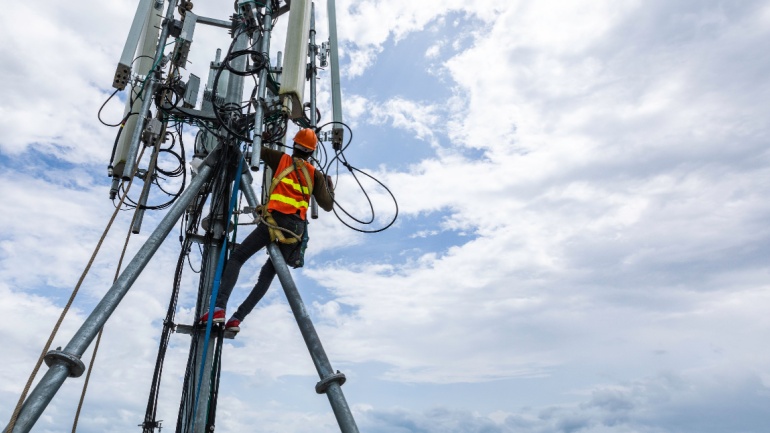Unearthing the UK’s surprising predilection for telephone poles, an ISPA survey reveals 70% of respondents would welcome a new pole for improved broadband. As connectivity takes precedence over visual impact, 75% agreed to poles ensuring excellent broadband, while only 17% disapproved. A noteworthy 37% were indifferent, rarely noticing the poles.
The US Federal Communications Commission (FCC) is gearing up for a pivotal vote on April 25 to reinstate net neutrality, a move that has stirred controversy, particularly among Republican commissioners.
A recent spectrum auction in Austria, overseen by the country’s telecoms regulator, the RTR (Austrian Regulatory Authority for Broadcasting and Telecommunications), has introduced a noteworthy condition aimed at promoting energy efficiency within the telecommunications industry.
Openreach, UK’s primary broadband provider, is proposing legislations that’ll speed up fibre broadband installations in Multi-Dwelling Units (MDUs). This initiative is due to the lengthy authorizations processes, known as wayleaves, resulting in significant cost. However, critics argue this could infringe on property rights.
SpaceX has hit a roadblock in its ambitious plan to connect consumer devices directly to its next-generation Starlink satellites, as the FCC rejected its request to utilize the 1.6 GHz, 2 GHz, and 2.4 GHz bands. The regulatory agency has halted SpaceX’s bid citing their current policy on limiting new entrants to these bands.
Tillman FiberCo, LLC, a leading provider of fiber optic broadband infrastructure, has announced a significant expansion of its 100% Fiber-to-the-Premise (FTTP) network in Florida. The expansion aims to cater to the growing demand for high-speed internet access in various regions across the state, including Tampa Bay, Panhandle, South and Southwest Florida, and several major cities like St. Petersburg, Fort Myers, Naples, Pensacola, Miami, Palm Beach, Ft. Lauderdale, and Kissimmee.
RDK Management (RDK) today announced that it has joined the Wireless Broadband Alliance (WBA) and that the two organizations’ members plan to collaborate on industry-wide initiatives such as Operator Managed Wi-Fi, Wi-Fi 7, and IoT. RDK and WBA share many common members across broadband operators and technology companies that are committed to deploying RDK for Broadband (RDK-B).
Digital Infrastructure Minister Julia Lopez MP addresses the need for shared infrastructure to tackle excessive fibre network duplication. She spotlights rural areas, where public perception of full fibre deployment is significantly affected by perceived uncontrolled infrastructural rollout. This prompts a change in guidelines to involve communities in the roll-out process, helping operators extend their networks without hindering local approval.
TalkTalk has surged ahead to become the UK’s largest retail fibre broadband provider, boasting a service reach to over 15 million premises, edging out competitors like Vodafone and Zen Internet in the race for the broadest fibre network. This expansion has positioned TalkTalk at the forefront of the UK’s digital infrastructure landscape, despite facing operational hiccups.
Fastwyre Broadband, a legacy communications company, is investing $65 million into amplifying its fiber-optic infrastructure throughout Louisiana. The objective is to deliver unparalleled internet speeds, championing both residential and business connectivity requirements. CEO, Chris Eldredge, outlined the company’s profound commitment to fostering digital empowerment within local communities.













